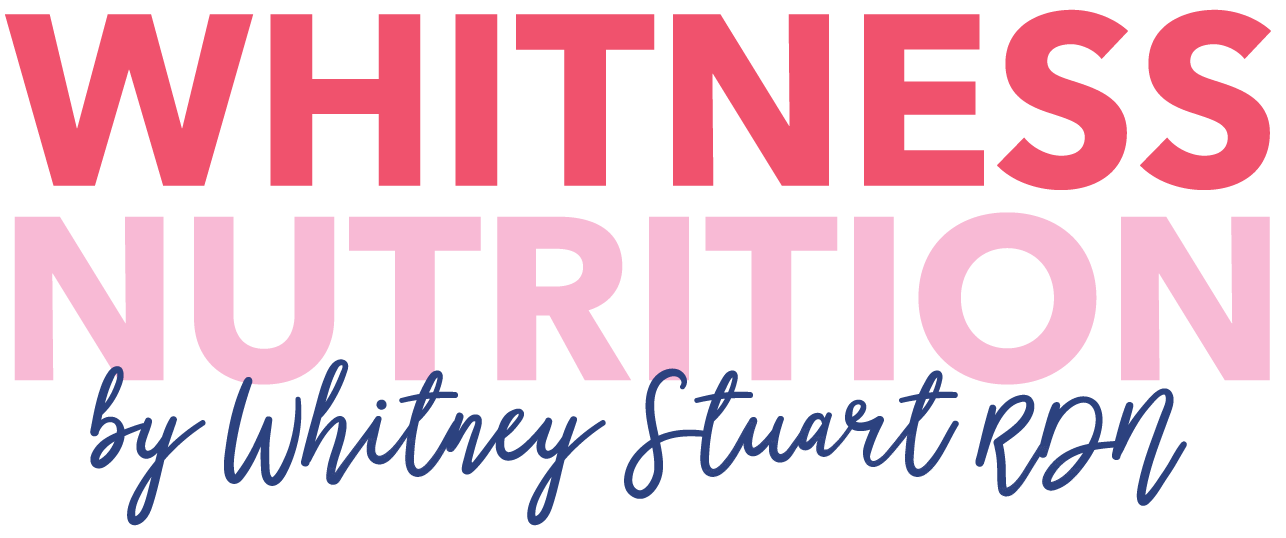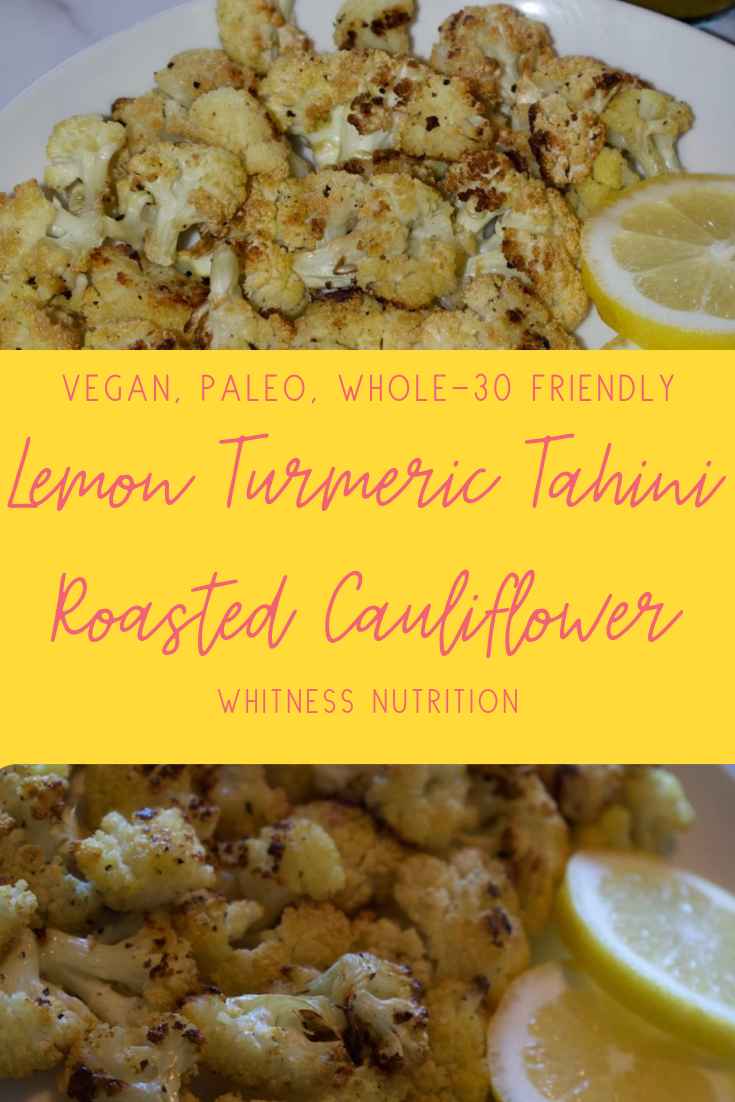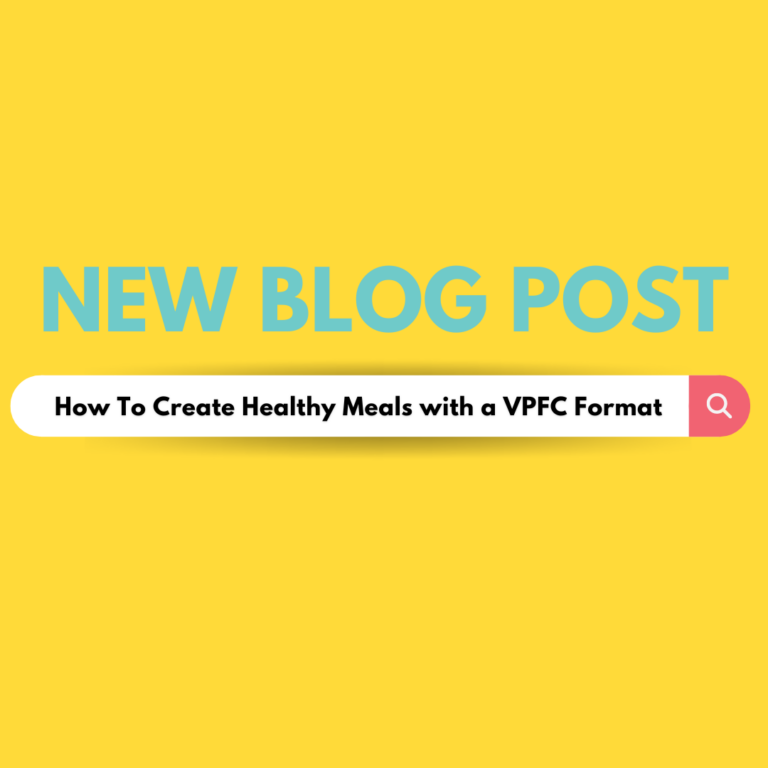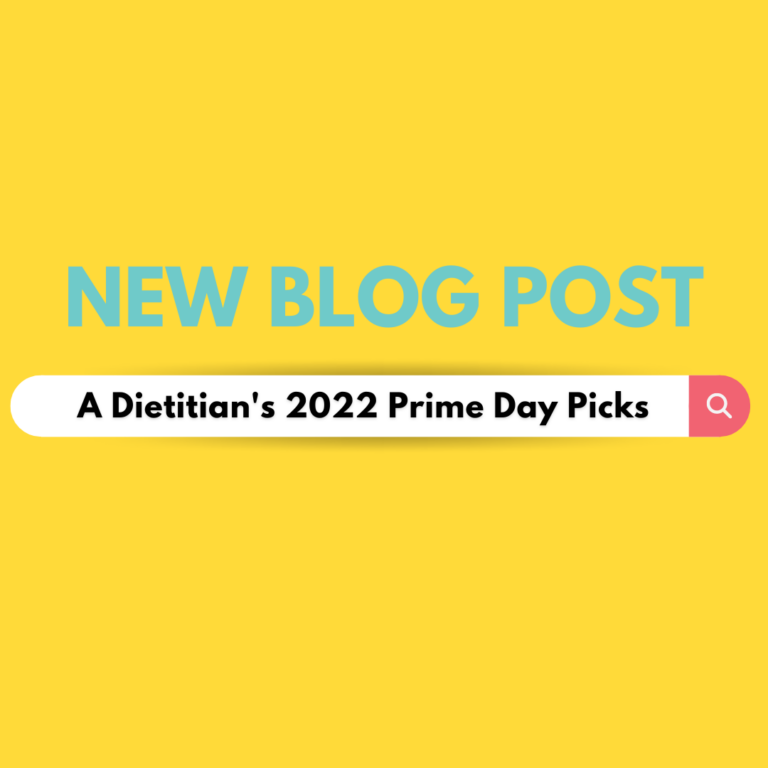A word from your Registered Dietitian
March isn’t only the month that officially kicks off Spring, it’s also National Nutrition Month, an annual celebration of nutrition and dietetics held by the Academy of Nutrition and Dietetics (the governing board). National Nutrition month is when Registered Dietitians and soon to be R.D.’s across the country are not only applauded for their hard-work, but are also encouraged to engage a bit etra with their clients and potentials clients to discuss dietary habits and hacks.
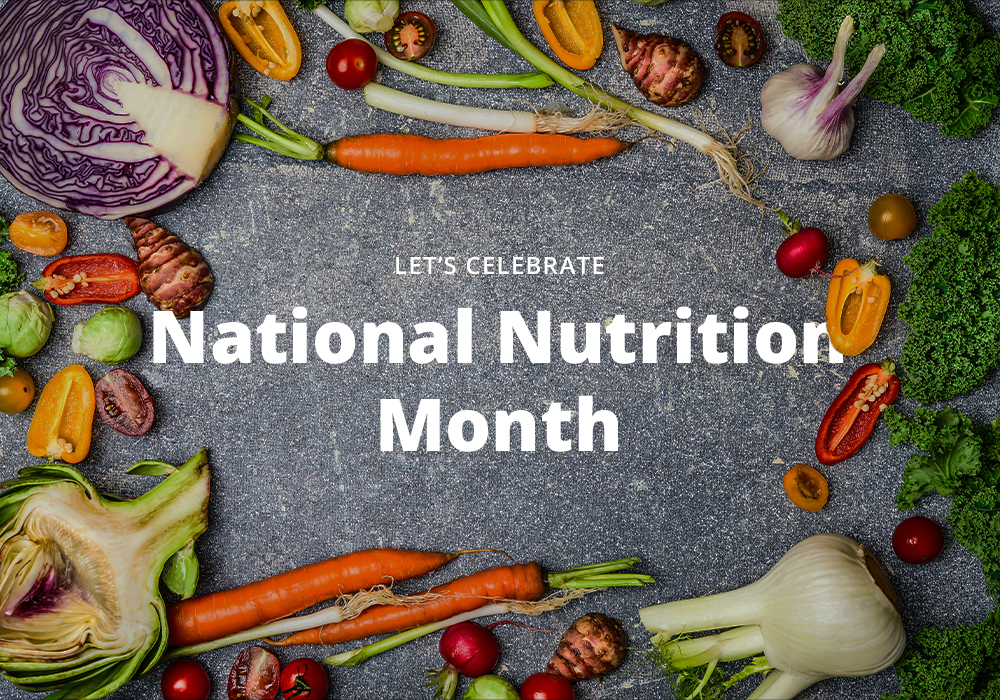
I am a Registered Dietitian, not a nutritionist nor a coach, but a licensed medical practitioner.
To become a registered dietitian, you must attend an accredited university, pass the board-certified exam and obtain an internship. It takes years of education and experience to call yourself a Registered Dietitian (4 minimum, I did 6). Anyone can call themselves a nutritionist. Like you!
You know who else isn’t a Registered Dietitian? Google and social media. The fitness and “foodie” influencers telling you that carbs are bad and to “always count your macros” is like me, the dietitian, telling you how to file your taxes or fix your engine; I may have experience but this is NOT my profession or expertise.
When it comes to nutrition and your dietary habits, choose to speak with a professional, not any $19 meal plan Ab-fluencer. Avoid hurting your health in the long run with a quick fix. With the ease of which social media, pretty much anyone can claim “don’t do this” or “avoid this, eat that!” Protect yourself from that!
I identified 5 dangerous and ineffective things MOST coaches will ask you to do, that I avoid with my patients:
- Count your calories. This is a hard NO. These “what I eat in a day videos” or the fitness accounts breaking down the caloric content of every little ingredient create a toxic comparison; eat this to look like this. Your body, your needs and your outcomes are unique to you. We cannot, and will not, look like anyone else. You’re made to look like you; the healthiest version of that! Rather than counting calories, I teach my patients the importance of balancing calories and learning their portion needs. This also means getting calories from a variety of quality foods and nutrients. If you tell me you ate a 400 calories meal, I would ask you to tell me about the ingredients, the quality, the macronutrients present, the flavor and enjoyability. Was it french fries, or was it a turkey sandwich with avocado. Remember; the amount of calories needed in a day is unique to you, end of story.
- Low Fat Diets. Absolutely not. Not only do I encourage fats, but we focus on the ones that have more benefits than others. We want to avoid trans or saturated fats found in fried and processed foods. And instead, we want to consume good fats, such as omega 3’s and mono-unsaturated fats which are essential to our well-being. Healthy fats found in avocados or olive oil, provide brain fuel, support healthy hair, skin and nails and also keep us full longer. A salad with no dressing? Plan to be hungry in an hour. A salad with avocado oil ranch? See you in 4 hours!
- Pretend like whole body health isn’t important. No way! Stress is a big deal focus since it can cause a web like effect of other issues, affecting your health both physical and emotional. I recommend a couple different ways to approach handling stress to my patients, and refer out to a licensed therapist when necessary. I recommend getting plenty of exercise, because not only does exercise cause a rush of endorphins but it can also help overall mental and emotional well being. Practicing self-care is also important! Take a warm bath, book a massage or just lay in bed for an extra ten minutes to plan your day. Don’t disregard your stress, it needs to be addressed.
- Sleep. To whoever said you can sleep when you’re dead has never met an overly tired Whitney. It is has been proven that we has humans need at least seven to nine hours of sleep per night, potentially more if we are in a state of healing or growth. Getting enough sleep will help protect the body from disease and provide proper brain function. Research also shows that a lack of recovery leads to higher blood sugar values, cravings, and overeating.
- Macro Counting. If I had a dollar for every time I’m asked if someone should count their macros I’d be a rich woman. Counting your macros boils down to calculating the exact amount of carbs, fats and protein you are allocated in a day. Doesn’t that sound like counting calories? It’s important to be aware of your intake; but I believe the more important aspect is the quality of those calories. For example, the average amount of carbohydrates needed for general caloric needs is around 40-60% of calories. What if you get that 40% of your carbs at one meal, in the form on Fruit Loops? That’s a) lonely carbs and b) not sustainable, nor varied. Instead, getting a variety of balanced macros by eating real food, at balanced meals, with quality ingredients.
Whether you’re looking to better understand your individualized nutritional needs or just better grasp the different aspects of health, a Registered Dietitian is there to help. Looking to better your health? Check out the different services Whitness Nutrition offers and get more education (and sass) on Instagram @whitnessnutrition
